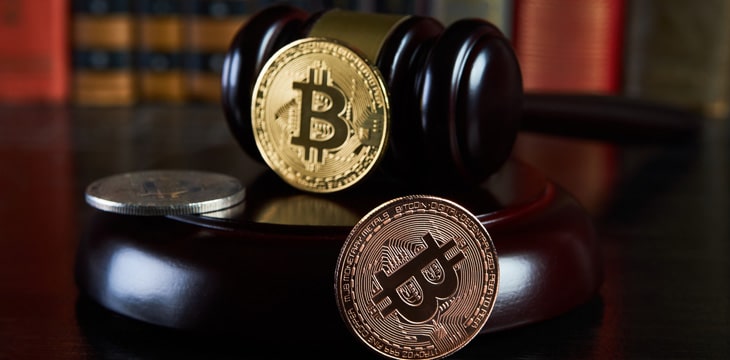|
Getting your Trinity Audio player ready...
|
Serbia has passed a law that legalizes the trading of digital currencies. The law went into effect on December 29, with the government giving the public six months before it starts applying it.
Serbia securities regulator first announced the draft law in October, stating that it intended to open up the country’s capital markets sector and afford new opportunities to its citizens. The regulator had partnered with the National Bank of Serbia, the Finance Ministry and the Ministry of Economy to draft the law.
Serbia’s parliament adopted the draft law in November, as local outlets revealed.
“In this way, we strive to keep pace with modern trends in global, digital and electronic business […] and keep up with international standards in the fight against crime and prevention of money laundering,” the legislators said at the time.
The law has now officially gone into effect in the Eastern European country. In its press release, the SEC revealed that the law had been published in the national gazette on December 21. As is the law in Serbia, it went into effect eight days later on December 29. The implementation of the law will start after the six month grace period ends
“The said law regulates the issuance of digital property and secondary trading in digital property in the Republic of Serbia, provision of services related to digital property, lien and fiduciary right on digital property,” the SEC stated, revealing that it would be enforcing the law alongside the central bank.
The law recognizes two forms of digital assets—digital currencies such as Bitcoin SV and digital tokens. Tokens are a form of digital property representing property rights, the law states. The SEC believes that the legalizing of digital tokens will open up the tokenization of property in Serbia, opening up more opportunities for investors.
For exchanges, the SEC will begin to issue operating licenses allowing them to serve Serbians. This will extend to over-the-counter trading as well as the use of smart contracts in the secondary trading of digital assets.
The law is a landmark step for the digital currency industry in Serbia, a country whose government hasn’t been the biggest fan of Bitcoin for a long time. The central bank has in the past made it clear that digital currencies aren’t legal tender in the country. Years ago, the bank also prohibited banks and other regulated players from processing digital currency transactions. While this prohibition still stands, the new law shows a bright future for the Serbian digital currency industry.
See also: CoinGeek Live panel, Digital Currency & Compliance: Tools & Tips for Exchanges, Wallets & Other Service Providers

 02-28-2026
02-28-2026 




